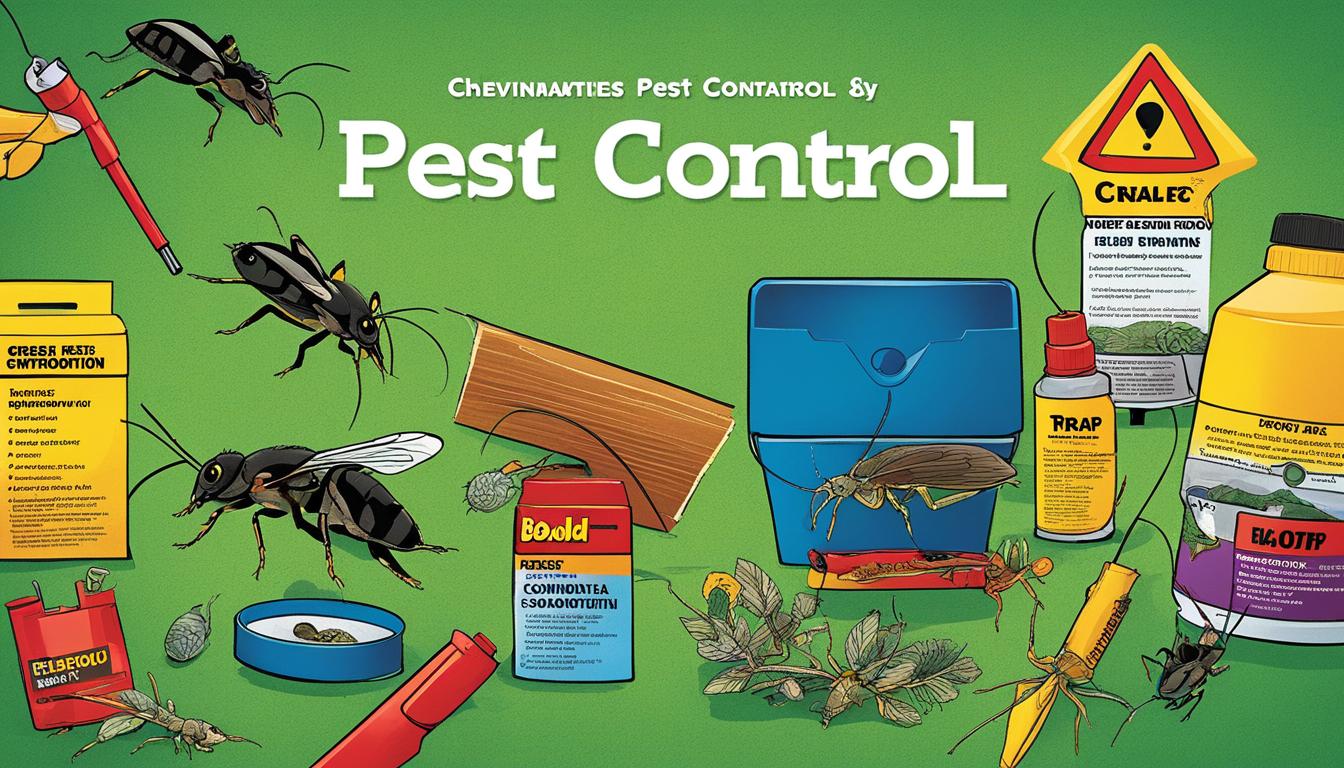Some Known Details About Pest Control
Some Known Details About Pest Control
Blog Article
What Does Pest Control Mean?
Table of ContentsAll about Pest ControlThe 25-Second Trick For Pest ControlNot known Facts About Pest ControlWhat Does Pest Control Mean?The Ultimate Guide To Pest Control
Limitations of Chemical Administration Be able to analyze parasite troubles, figure out if monitoring is required, and make ideal suggestions utilizing IPM strategies. Be familiar with various methods of parasite monitoring - their benefits and constraints.This phase reviews (IPM), a strategy that utilizes expertise about pests and their, practices, nonchemical techniques, and pesticides to take care of pest issues. Added details concerning IPM for certain plants is consisted of in phases that focus on those plants. Nonchemical parasite control procedures are stressed in chapter 17, "Organic Gardening." Taking care of birds and mammals is covered in chapter 20, "Wild animals." Handling in the lawn and yard is covered in chapter 6, "Weeds." Bugs in a garden or landscape may include pests and mites, weeds,, animals, and birds.
Numerous individuals hurry to pull, hoe, or spray every weed they see. Bugs and weeds, nevertheless, play a function in the. After growing a garden or developing a grass, the all-natural procedure of plant sequence starts to restore and nonnative plants. A weed expanding in a yard represents the very first phase in a series of events that, if permitted to continue, can at some point result in a forest.
What we call "bugs" are part of an all-natural system at work. Only human beings think about particular types pests when they take place where they are not desired.
Unknown Facts About Pest Control
Pests susceptible to a chemical were promptly killed, leaving immune ones to breed and multiply. It became clear that pesticides alone would certainly not solve all parasite troubles. Rather, overuse of pesticides triggered the development of immune parasites. Researchers began to establish a new method to pest control. This new approach was explained as incorporated pest administration (IPM).
An IPM strategy permits some degree of pests in the environment. Parasites are much less likely to make it through a program that makes use of several various methods of decreasing their populaces. Integrated insect management was very first suggested by entomologists since pests were the first group of bugs to confirm difficult to take care of with chemicals alone.
pest and host properly. and think about financial or aesthetic injury. A limit is the point at which action ought to be taken. a therapy approach making use of mechanical, cultural, organic, or chemical controls, or a combination of these approaches. success of treatments. IPM has expanded beyond bugs to management of all pest populations: weeds, illness microorganisms, and animals.
How Pest Control can Save You Time, Stress, and Money.
Management rather than obliteration of pests is the objective. An IPM plan begins with a careful evaluation of each insect problem.
Clover growing in a yard may be checked out as an unwanted weed, but as a bean it is manufacturing nitrogen for the soil and the blossoms are supplying nectar to honey bees and other. Resistance for some weeds might be component of an IPM plan. may be consuming the leaves of a plant, yet when they are recognized as the larvae of Eastern tiger swallowtail butterflies, their damage might be tolerated so we can take pleasure in the attractive butterfly.

The second most crucial tool in pest management is early treatment. Reacting to issues rapidly, prior to they have time to increase, requires a much less significant intervention.
The Buzz on Pest Control
Many risk-free, functional, nonchemical techniques of plant security and bug monitoring may minimize or remove the need to spray. Other approaches are most useful when made use of with chemicals. To implement management practices properly and next page to minimize losses, gardeners should know the types of insects that attack plants and comprehend pest biology.

Carrying out a dirt examination and applying only the suggested amount of fertilizer and lime maximizes the advantage to the plant while minimizing problems associated with excessive usage of fertilizer - Pest Control. Treatment the dirt with a number of inches of mulch safeguards the plant in numerous methods: minimizing soil water loss to evaporation, decreasing weed competition, giving nutrients, and developing a suitable atmosphere for earthworms and microbes that keep the soil loosened for roots and break down organic product to launch nutrients
If mulch touches the trunk, it can develop a way for voles, germs, and fungis to assault the plant. Do not use manure or compost that has not extensively decomposed as a leading dressing since it can motivate get redirected here unwanted insects. Research study suggests that farming is detrimental to soil framework.
The smart Trick of Pest Control That Nobody is Discussing
If tilling is deemed needed, think about doing it in the autumn when the life cycles of many insects brings them near the surface read more area. At the surface, insects become subjected to the weather as well as birds and various other natural enemies.
Report this page